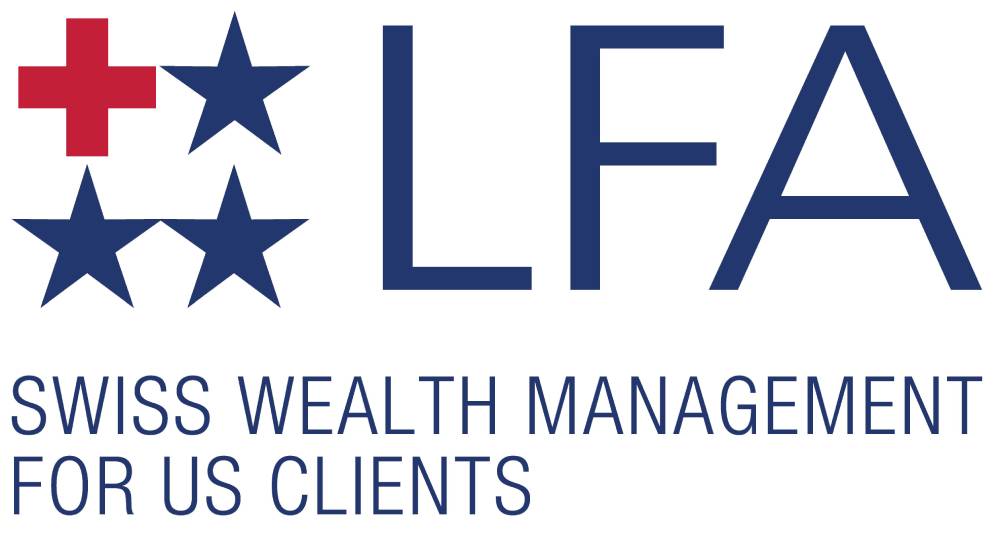Inflation, recession, and stagflation are just three of the current economic conditions that are causing substantial volatility in the global securities markets. Investing during these market conditions can be challenging, but it should not be a foregone conclusion that the only safe haven is a money market fund.
As you prepare for a recession, there are investment alternatives that have the potential to protect principal and produce better rates of return.
As a U.S. registered investment advisor based in Switzerland, we help you make the right investment decisions during these volatile times in the global securities markets.
What asset classes tend to perform the best during periods of high inflation and recessionary economies?
Some investments perform better in down markets than others. Consider the following information when you invest in today’s markets.
What about global investing?
If domestic investing focuses on companies that are headquartered in the U.S. and international investing focuses on companies that are headquartered outside the U.S., then global investing is both.
We live in a global economy, so it makes sense to consider a global investment strategy for your assets. That’s because a company that is headquartered in Europe may derive the majority of its revenue from the U.S. And a U.S. based company may derive most of its earnings from Europe or Asia.

What about investing in real estate?
Rental income properties are one of the most stable investment categories for the following reasons.
First, no matter how bad the economy might be, people need roofs over their heads. It may be apartments versus single family residences and they may be renting versus buying, but what matters most is they have a place to live.
Next, rental agreements in most parts of the world are indexed to inflation. This makes rental income a more stable investment during periods of higher inflation.
Then, higher inflation increases the costs for building materials so new construction declines and the demand for rental properties increases, which in turn can increase rental income.
Lastly, higher interest rates make it more difficult to qualify for home loans which also increases the demand for rental properties.
What about stock investments?
Many company stocks decline in value during recessions because demand for their products and services is reduced. Lower demand impacts revenues, earnings, and the prices of company stocks.
Some company stocks are impacted more than other company stocks during periods of recession and high inflation. The key to successful investing is knowing the difference.
For example, the stocks of automobile companies will decline in value because millions of global consumers will defer their purchases until the recession is over. Their alternative is to retain their current vehicles for an additional year or two. So, you may not want to buy the stocks of the companies that produce products that are based on discretionary spending.
On the other hand, there are also stocks of companies that can navigate the recession relatively unscathed. These would be companies that produce products and services that people need regardless of economic conditions. For example, food companies, public utilities, and oil companies produce everyday products that people depend on for sustenance, electricity, and transportation.
Ask about our free, no obligation risk assessment and second opinion services for your current portfolio.
There are also stocks that pay relatively high dividends in relation to other investments including some bonds and cash equivalents (CDs, T-Bills, Money Market Funds).
What about global bond investments?
The Federal Reserve in the U.S. will raise interest rates month-to-month to fight inflation – even at the expense of triggering a recession.
Rising interest rates cause the prices of existing bonds to go down. This inverse relationship is based on the prices of existing bonds adjusting to the prices of new bonds.
This creates a complex investment environment when the Federal Reserve is fighting inflation during a recession. In fact, there is an economic term for this set of conditions. It is called stagflation.
Treasury Inflation-Protected Securities, or TIPS, are a type of bond that is indexed to inflation. These bonds are issued by the U.S. Treasury and great as an investment strategy for inflation.
Why? Because the principal amount of a TIPS security increases with inflation and decreases with deflation, as measured by the Consumer Price Index. Upon maturity, the TIPS pays you the adjusted principal amount that is based on the inflation rate, or the original principal amount, or whichever is higher.
Fixed income investments should also be considered in countries that have more stable economies that are experiencing positive growth – for example, Switzerland. Have you been looking into options for stronger currency or private banks? Our team at LFA can help!
What about precious metals?
Gold and other precious metals are often seen as safe havens during turbulent times that may be triggered by inflation, recession and concerns about the future performance of the stock market.
Investments in precious metals are not just a strategy for hedging the stock market. They are a way to diversify your investments into an asset class that does not go up and down with the stock market.
This form of diversification has the potential to provide more stable investment returns during a variety of economic conditions.
What about investing in an alternative currency?
Investing part of your assets in a portfolio that is based on a stable foreign currency is a prudent decision, in particular if the economic environment in your home country is relatively unstable.
The Swiss franc is one of the most stable currencies in the world and has been for a hundred years. This stability is based on a country that has a growing economy, substantial regulatory oversight, exceptional transparency, no debt, an advanced banking system, secure borders, and a highly educated workforce.
Some financial experts have said the Swiss franc is a better hedge against inflation than gold. In fact, FXSSI in 2022, rated the Swiss franc the most stable currency in the world. The U.S. dollar was in seventh place.
LFA is a Swiss-based U.S. registered investment advisor serving investors in America, Europe, and around the world. Our team of dedicated financial professionals provides the expertise you need to implement diversified investment strategies in the global securities markets.
Our advice and services are based on your current circumstances, tolerance for risk, and financial goals. We provide a team of LFA professionals and partners that can include Swiss banks, international law firms, and global tax experts that help you achieve your goals.
Contact our Swiss wealth management team to schedule an introductory interview to get started investing in the global market!


